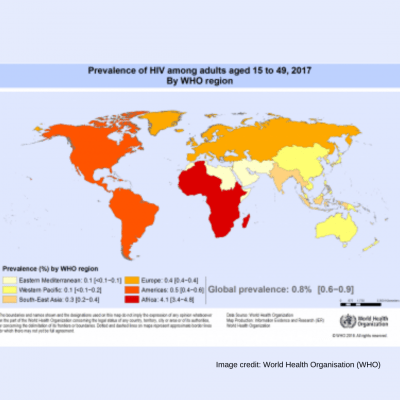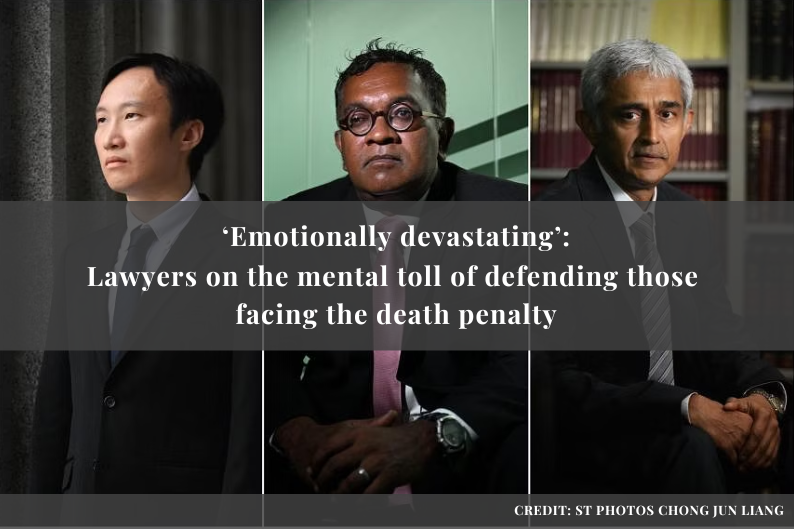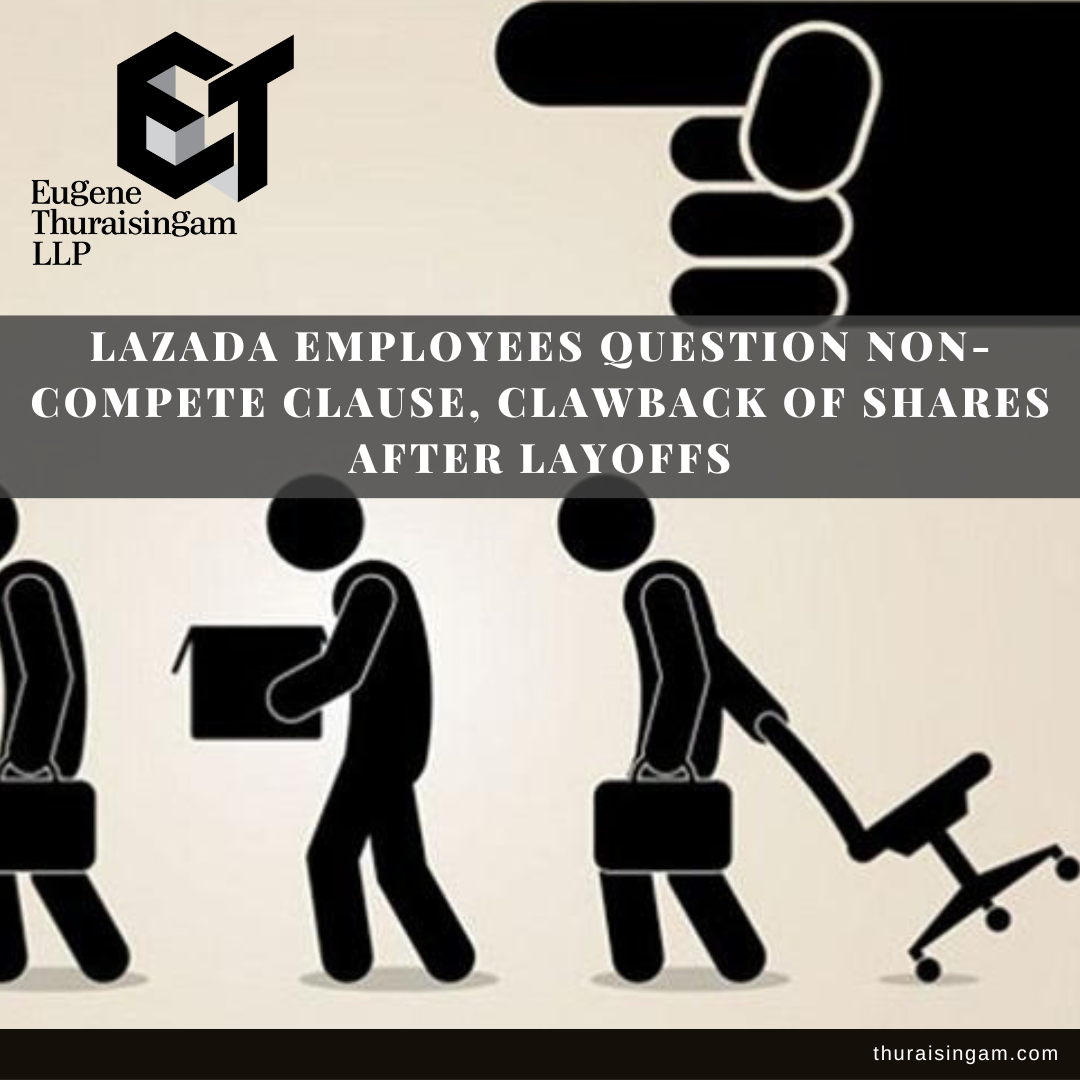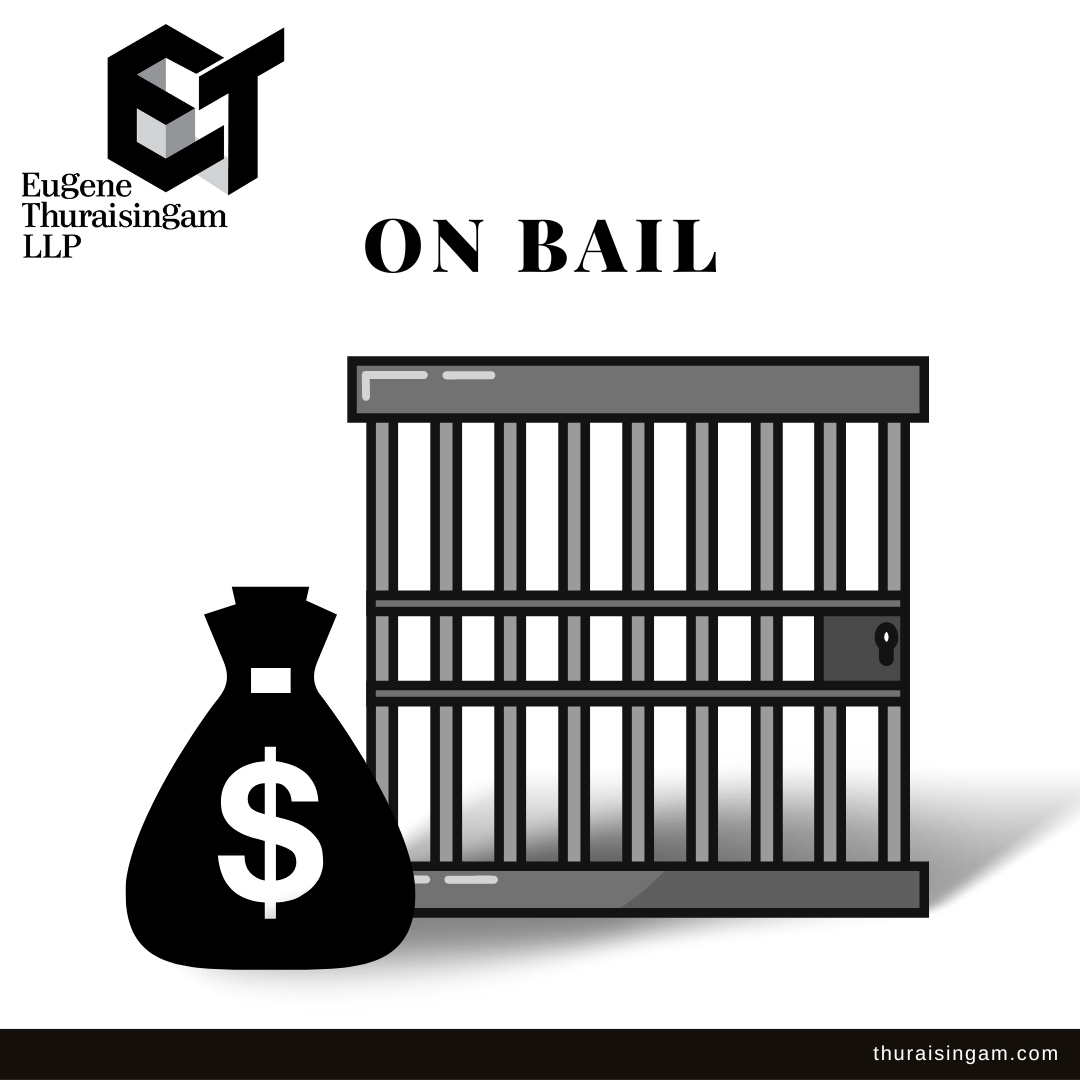Questions arise from the HIV confidential data leak
Unauthorised Access to Confidential Information
1. Introduction
A US citizen, Mikhy Farrera Brochez, was suspected to have leaked the confidential information of 14,200 people from Singapore HIV registry online.
He is believed to have gained the unauthorised access to the HIV registry records from his Singaporean partner, Ler Teck Siang, a doctor. Ler was the head of Ministry of Health’s (“MOH”) National Public Health Unit and had access to the registry.
2. Background
In May 2016, MOH lodged a police report against Mikhy Farrera Brochez after receiving information that he had confidential information that appeared to originate from the HIV registry.
In May 2018, MOH received further information that Mikhy Farrera Brochez still has parts of the records he had in 2016. MOH lodged a police report. Affected individuals were notified.
In January 2019, MOH is informed that Mikhy Farrera Brochez could still have more data from the registry and that he has leaked the information online.
The Permanent Secretary of Health Chan Heng Kee told the media that Ministry of Health did not make it public because the most important consideration was whether it was in the people’s interest, and their well-being.
3. Eugene comments in Channel News Asia
Eugene Thuraisingam was interviewed about prosecutorial discretion in the wake of news that the HIV-positive status of 14,200 people – along with other confidential information such as their identification numbers and contact details – had been leaked online.
Article 35(8) [of the Constitution] vests wide discretion in the AG as public prosecutor in the conduct of criminal proceedings. When an accused person is charged with multiple offences and decides to claim trial, prosecutorial discretion entails that the prosecution can decide which specific charges to proceed with at trial, and which charges to stand down. The prosecution is not required to give reasons for why they decide to proceed with certain charges and not others.
– Eugene Thuraisingam
Artilce 35(8) of the Constitution provides that
Attorney-General
(8) The Attorney-General shall have power, exercisable at his discretion, to institute, conduct or discontinue any proceedings for any offence.
Commenting on as to why the charge was stood down, Eugene added
Should the prosecution fail to convict the accused person in a trial with proceeded charges, they can choose to revive the stood down charge… The accused person will then have to defend the previously stood down charges at trial or plead guilty to them, notwithstanding that he was acquitted for the charges which were initially proceeded with. Of course in this scenario, the prosecution also retains the discretion to drop the previously stood down charges and not pursue them any further.
Views from other lawyers were also sought. Read more below.

